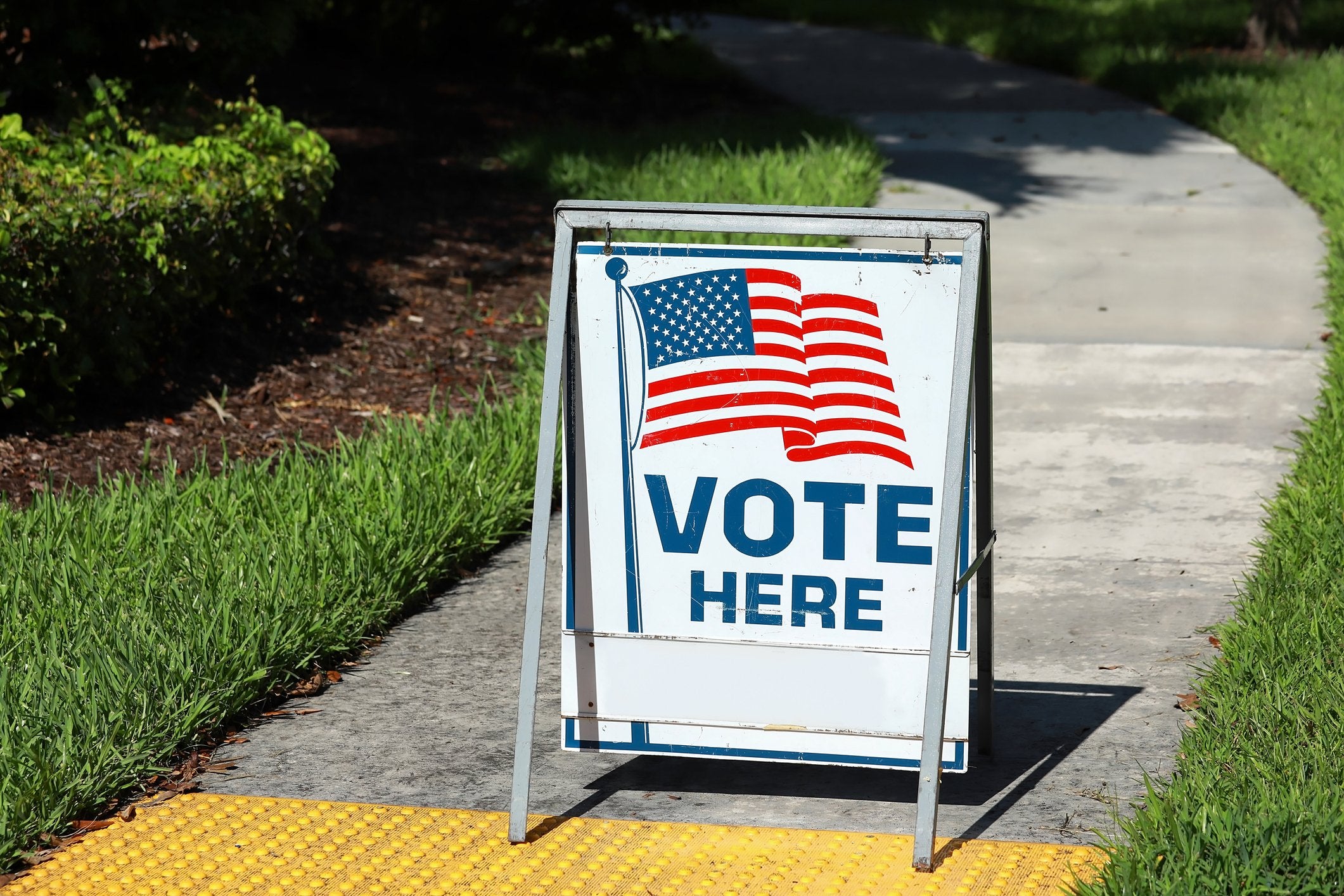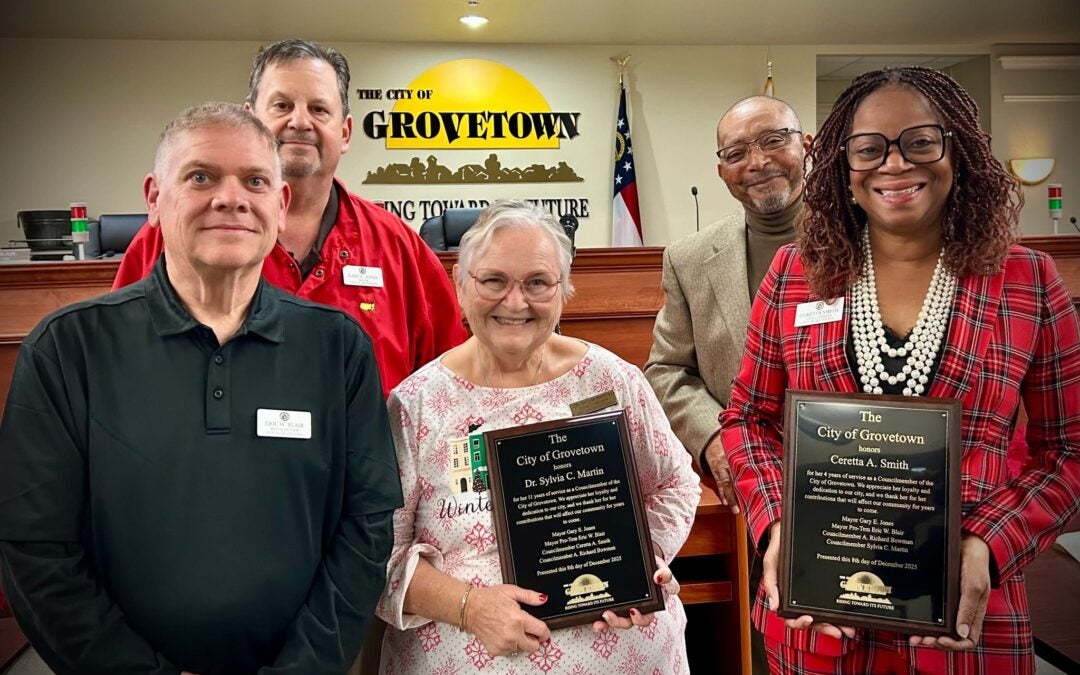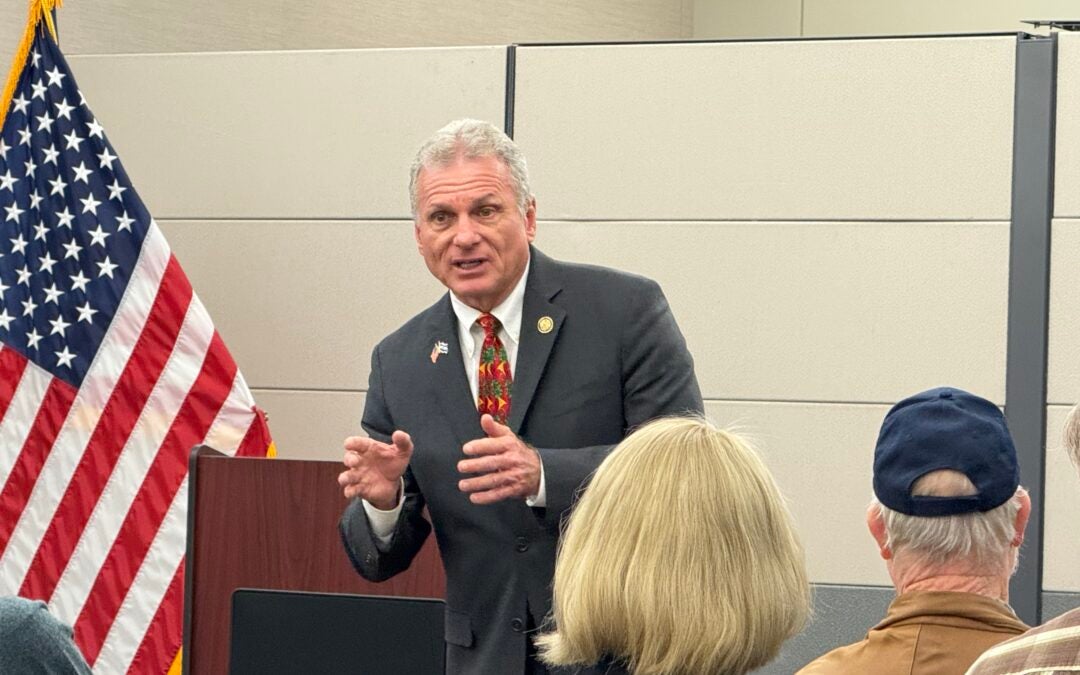An Evans woman who sued members and staff of the Columbia County Board of Elections, along with Secretary of State Brad Raffensperger, has again had her case thrown out, this time by the Supreme Court of Georgia.
Kristen Lovell, a former Air Force sergeant represented herself in filing a 165-page lawsuit accusing six county officials and Raffensperger of making an unlawful switch to Dominion voting machines ahead of the 2020 presidential election.
In a single opinion, the Supreme Court affirmed Wednesday a lower court’s dismissal of Lovell’s suit as well as a nearly identical case from Morgan County, Ga.
The Morgan lawsuit, filed by residents Lori Tullos and Virginia McFaddin, made identical claims and demands and also was filed against Raffensperger and six officers or members of the county elections board.
Both cases were doomed by naming the local elections officials, the unanimous opinion stated.
To gain a waiver of the sovereign immunity that protects government officials acting within the scope of their official duties from lawsuits, plaintiffs must properly identify the defendant – as either the state or the relevant local government – or the action will be dismissed, the opinion stated.
By naming the elections officials – who included Columbia County Elections Director Nancy Gay and elections board members – the plaintiffs missed the criteria available in Georgia to waive sovereign immunity, the court said.
While the state Supreme Court focused on sovereign immunity, lawyers for Columbia and Morgan counties argued it as well as other defenses to claims in the lawsuits.
Lovell’s claim, filed in September 2022, said as she and other Georgians had been turning in proof of “widespread fraud” in the state’s elections, the equipment adopted more than two years prior was counting QR codes instead of votes.
She contended voter approval was required for the county’s switch from paper ballots, and that an Alabama vendor hired to check the system hadn’t been properly accredited by the U.S. Election Assistance Commission.
Georgia voters have been voting by touch since 2002, when the state adopted an electronic touch-screen system. It was used for 18 years until a state committee that had met in Grovetown voted to adopt a proposal from Dominion.
In motions to dismiss Lovell’s case, Columbia County attorneys raised the issue of sovereign immunity, as well as the late arrival of her lawsuit.
They argued her claim was misdirected because local election staff and board members did not choose, purchase or implement the voting system. Their responsibility was only to do what the Secretary of State required, while state law requires all Georgia counties use the same system.
“No act of the board of elections is the proximate cause of Ms. Lovell’s alleged injury,” they wrote.
The Columbia County lawyers said Lovell was mis-reading the requirement for a referendum on changing voting methods. That applies only to incorporated municipalities, which Columbia County is not, they said.
Lastly, state law does not require the Secretary of State to use an Election Assistance Commission-accredited testing lab to ensure a voting system is safe, they said.
Attorneys for the state similarly argued Lovell’s claim was barred by sovereign immunity, its lack of timeliness and its failure to state a claim on which relief could be granted. Her claim is based on her incorrect belief that selecting Dominion violated state law, and so without any actual controversy, the court can make no declaratory judgment about the conduct of elections, they said.
In addition, the voting system testing firm actually had maintained its accreditation during the period even though it was not the company actually certifying the Dominion system.
Visiting Superior Court Judge Currie M. Mingledorff II granted state and county motions to dismiss Lovell’s lawsuit, and she appealed to the state Supreme Court last year.
Susan McCord is a staff writer with The Augusta Press. Reach her at susan@theaugustapress.com








